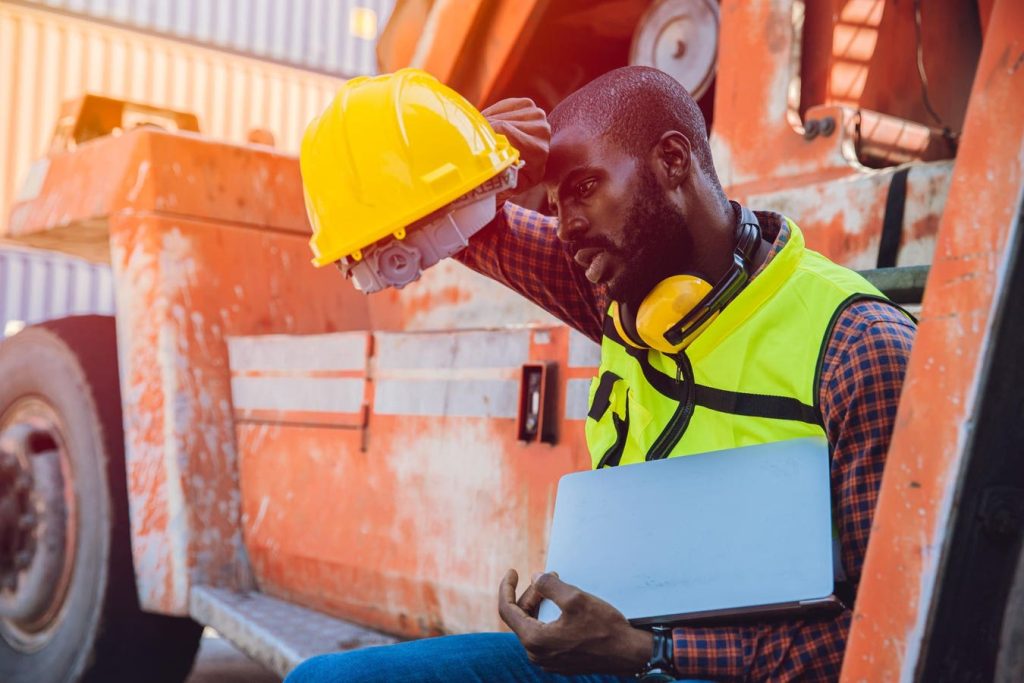A recent study published in the journal Nature revealed that climate change will set the global economy back an estimated $38 trillion a year by 2049, emphasizing the growing impact of extreme heat on workers and their safety. In response, Florida Governor Ron DeSantis signed a bill preventing local governments from implementing workplace heat standards, making Florida the second state to do so. The National Commission on Climate and Workforce Health, in its first report, highlighted the need for employer strategies to protect employees from climate health risks and reduce productivity losses due to extreme heat.
In the realm of human capital, worker activism has led to job losses and difficult situations for leaders. Google fired 28 workers protesting a billion-dollar contract, while an NPR editor resigned after criticizing the network’s coverage. On the remote work front, Wall Street’s bankers are returning to the office, with nearly 80% of New York City’s pre-pandemic office occupancy rate gradually returning. Companies like Nike are also pushing for more in-office work, affecting the workforce’s flexibility.
The rise of Artificial Intelligence (AI) has prompted the creation of Chief AI Officer roles in the C-suite, as organizations focus on leveraging AI technology. The U.S. Equal Employment Opportunity Commission implemented the Pregnant Workers Fairness Act, requiring employers to provide reasonable accommodations for pregnant workers. The introduction of the Health Action Alliance’s National Commission on Climate and Workplace Health aims to raise awareness and develop resources for businesses to address climate-related workforce health risks.
The commission’s co-CEO, Steven Levine, discussed the need for employers to recognize climate change as a health issue, bridge the gap between health and sustainability teams, and identify effective interventions to mitigate risks. While there are no federal standards on extreme heat and worker safety, states like California, Colorado, Minnesota, Oregon, and Washington have enacted heat safety standards. The commission is exploring collaborations with startups developing technology solutions, such as wearables, to address extreme heat risks in the workforce.
In the broader business landscape, KPMG’s CEOs pulse survey showed confidence in the U.S. and global economies’ growth prospects, with CEOs planning to increase their investment in generative AI. Strategies to boost productivity at work and build menopause-inclusive workplaces are gaining traction, while leaders are advised to avoid common mistakes with AI. The evolving workplace dynamics, including the shift towards hybrid work, are reflected in the priorities and strategies of business leaders, indicating a changing landscape in the post-pandemic world.


